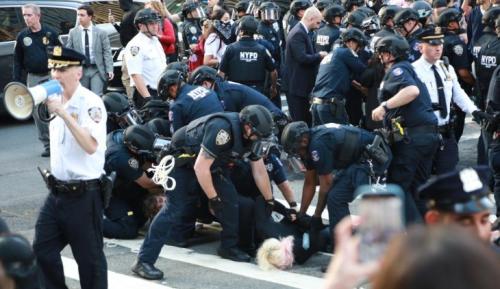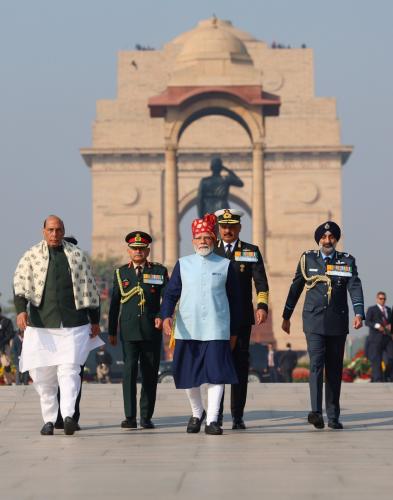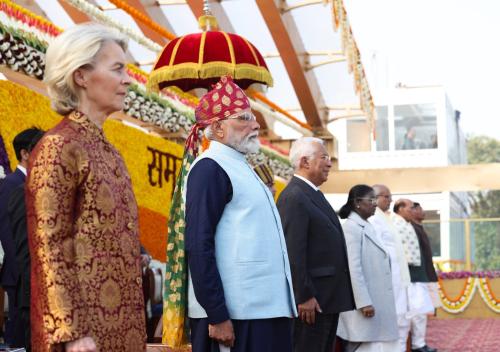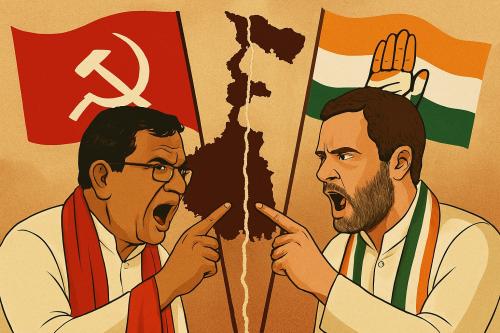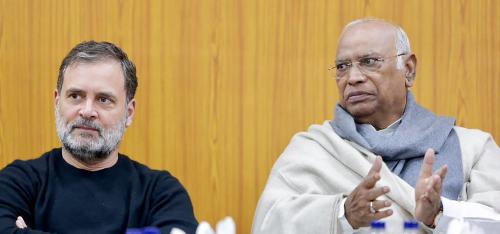Enhancing inter-agency efforts helped India avert terror attacks
- by Rinku
- November 25, 2020 2 minutes
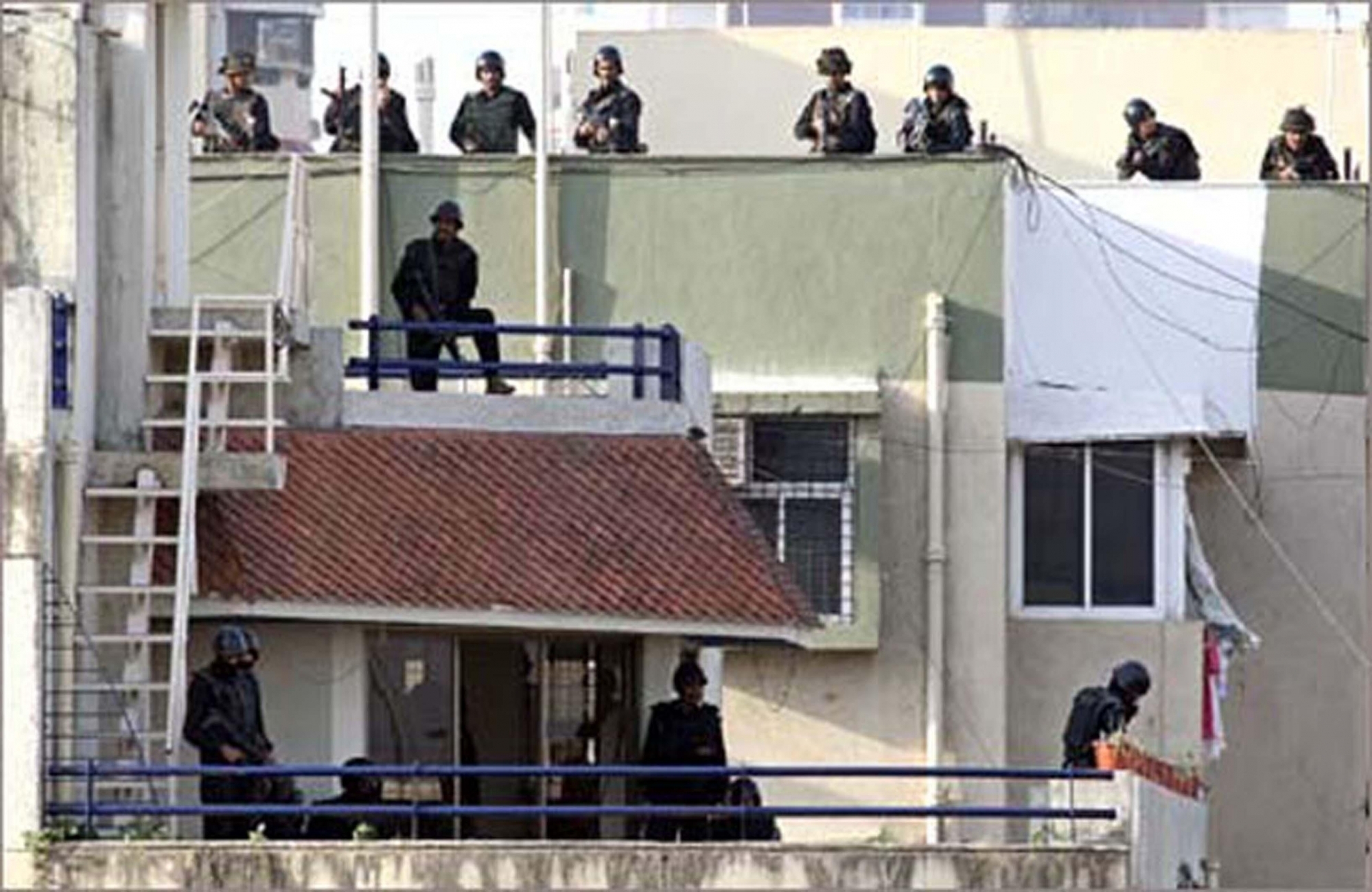
A file photo of 26/11 Attacks on Mumbai. Ten heavily armed Pakistani terrorists had landed undetected in Mumbai's Badhwar Park in Colaba from the sea Nov 26, 2008, and laid siege to several key locations, including Chhatrapati Shivaji Terminus, Taj Mahal Hotel, Chabad House and Leopold Cafe. (Photo: Sandeep Mahankal/IANS)
Cyclone Nivar starts landfall close to Puducherry
November 25, 2020


